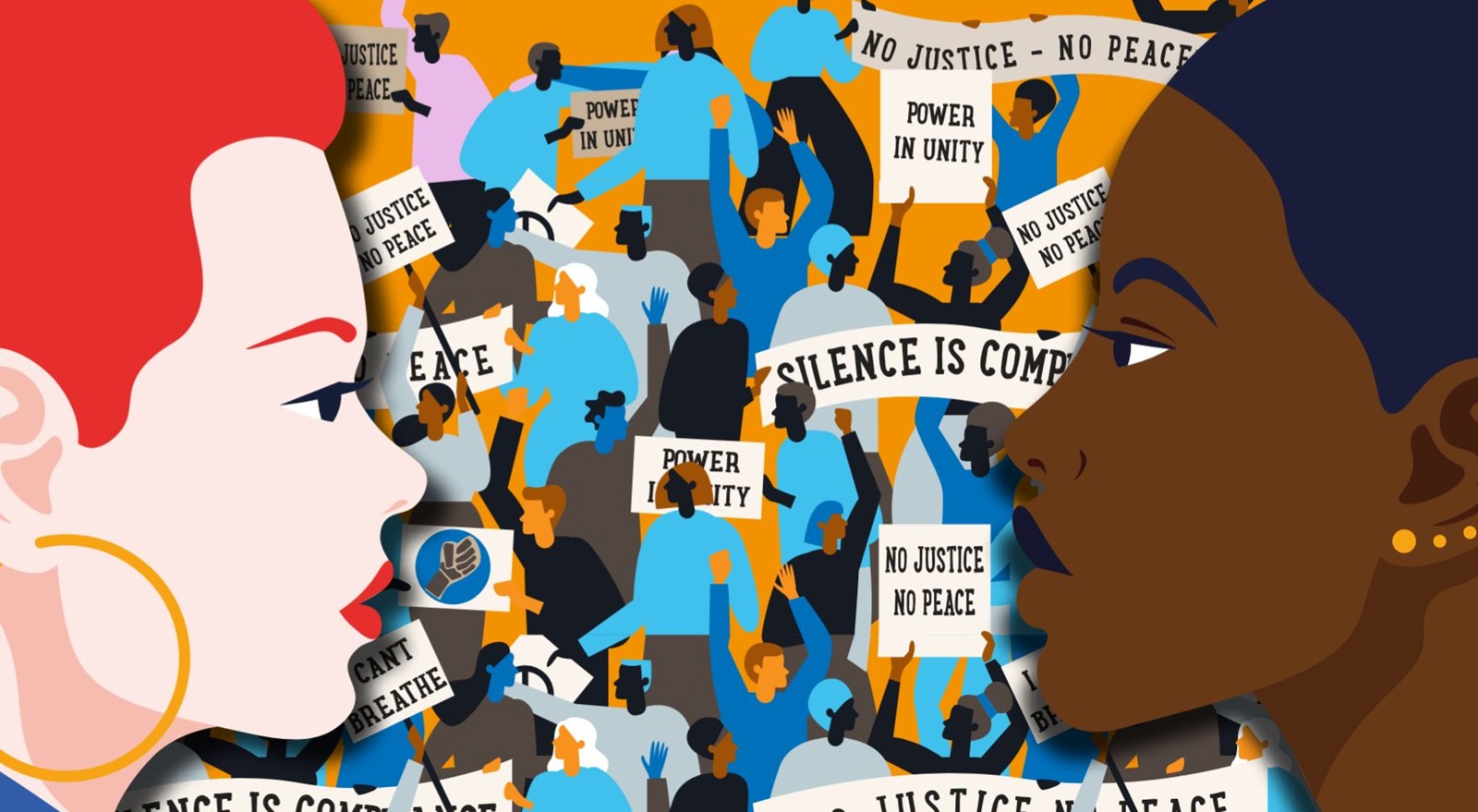I am once again grateful for this opportunity to contribute to the third issue of Therapy Today to honour Black History Month. We committed to doing this annually and, like many of you, we firmly believe that this is the right and ethical thing to do. There was also a commitment to ensuring that race becomes a more natural and mainstreamed element of the agenda for Therapy Today and that there would be a more visible and meaningful presentation of this throughout. While there is still a way to go, there has clearly been marked progress and the feedback supports this.
Notwithstanding this, I am going to be honest. When I was invited to write this column, I struggled to think of what I could say. Those who know me would probably tell you that I usually have a lot to say! But on this occasion, I confess I found it difficult. Difficult because, over the past few months, I have written numerous pieces and participated in many events relating to COVID-19, the murder of George Floyd, the impact of the Black Lives Matter movement and the importance of the counselling professions in these perilous times. What could I say that would be markedly different?
So, I sought opinions from a few friends and colleagues who work on issues around social justice, race equality and human rights, many of whom are practising therapists. While the overwhelming sentiment seemed to be one of feeling tired of saying the same things ‘over and over again’, the main conclusion was that the events of 2020 and the disproportionate impact on the mental health and general wellbeing of black communities was all the more critical. Ensuring that race is an integral component of the agenda for the counselling professions was deemed to be an absolute imperative.
A key challenge – and I would say opportunity – is for the counselling professions to respond in a focused and strategic way to the COVID-19 pandemic. Indeed, this is a crisis that has ruthlessly laid bare present and historical truths about inequalities in Britain. The fact is that black, Asian and minority communities face the awful and tragic reality of being disproportionately represented in the number of infections and deaths resulting from COVID-19. This is causing significant trauma within these communities, the impacts of which will become more notably manifest over the next few years. And with the potential of a second wave of the virus, lives continue to be at risk.
But it cannot be right that chances of survival are significantly determined by factors such as ethnicity, class background or other poverty indicators. This is one of the reasons why I, as BACP President, worked with BACP and other bodies to call for the Government to urgently put in place a strategy and policy framework to address these issues. We also made a specific call for the Government to recognise the role counselling services can play in reaching black communities, and to give priority to resourcing culturally appropriate, high-quality therapeutic interventions.
These and other issues were discussed in a well-attended webinar convened by BACP in July. The meeting focused on the responsibilities of the counselling professions in the context of COVID-19, the powerful narratives emerging following the death of George Floyd and the prominence of the Black Lives Matter movement. I chaired the meeting and was joined by Myira Khan and Dr Dwight Turner, both eminent specialists in the counselling field. A wide range of issues were explored, including the need for race issues to be embedded and mandatory in the training curricula; the impact of this crisis on black therapists; the need to put in place firm strategies to ensure more black people join the profession, and the need for more white therapists to step up as effective white allies.
For me, what is important is that the counselling profession as a system looks at itself and works to address its own structural/systemic racism and inequalities, in the way that all institutions are being urged to do.
As a descendant of people who were enslaved, I must have hope. Giving up cannot be an option. The counselling profession is fundamental to the healing of all people and all races, and critical to the societal changes necessary. But we have to give demonstrable priority to addressing the issues of race. If we embrace this, everyone benefits, regardless of race and ethnicity. We have it in our power to make the change necessary, and I am reminded of the great African-American author Alice Walker, who said, ‘The most common way people give up their power is by thinking they don’t have any.’
